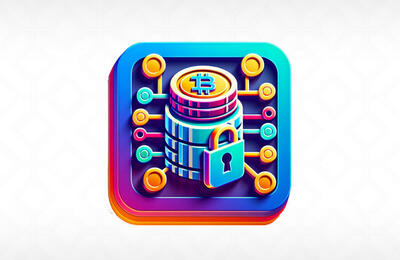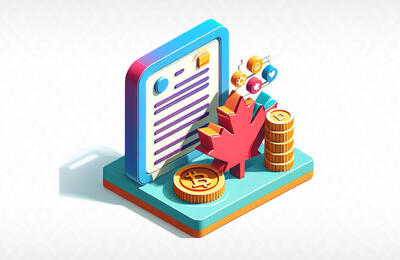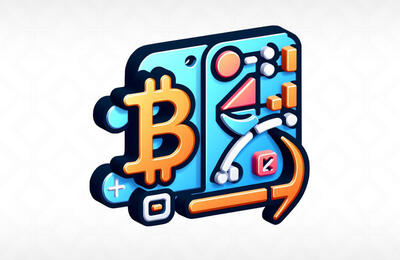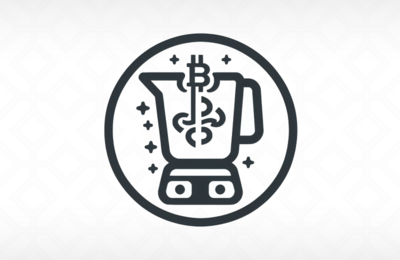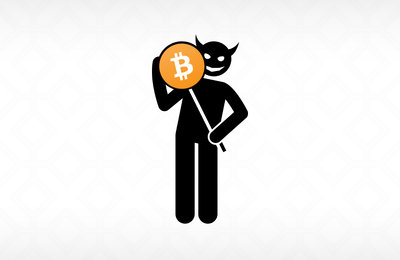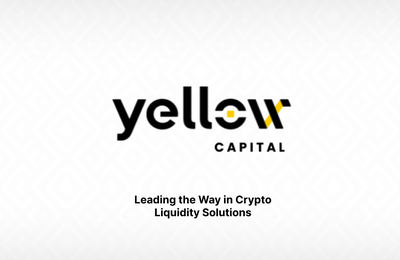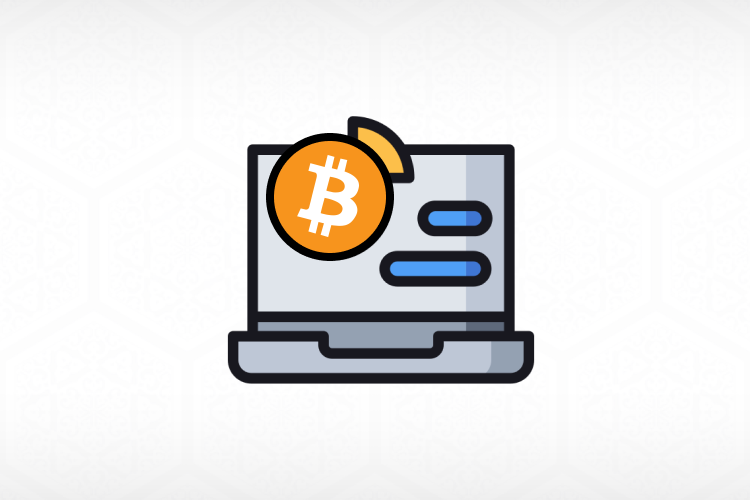
Blockchain is redefining not just how we handle daily financial tasks, but also the entire global economy.
If you're wondering how blockchain could speed up payments, streamline trade finance, bolster asset management security, or broaden financial access, keep reading.
We'll also talk about this technology's capacity to drive economic progress and overhaul the way businesses function.
What is Blockchain Technology?
Imagine blockchain technology as a digital ledger, where transactions are stored in 'blocks' and linked together in a 'chain'. Each block contains data, a timestamp, and a cryptographic hash, making it near-impossible to alter once added to the chain.
The decentralized nature of blockchain means it's not controlled by any one entity, ensuring transparency and trust.
It's this inherent security, transparency, and efficiency that's causing a stir in the financial and business sector, with potential applications ranging from streamlining payment systems to modernizing regulatory compliance.

Streamlining Payment Systems With Blockchain
So, how exactly does blockchain technology streamline payment systems?
Here's how: By eliminating intermediaries, blockchain provides a direct, faster, and more secure way for payments to happen.
Imagine you're sending money overseas. Instead of going through banks, which can take days and incur significant fees, you're using a blockchain network. Your transaction happens almost instantly, with negligible costs..
The magic behind this technology is not just its ability to eliminate intermediaries; it's also due to innovative consensus mechanisms like Proof of Stake (PoS). How does proof of stake verify transactions?
In a PoS-based blockchain, validators are chosen to confirm transactions based on the amount of cryptocurrency they hold and are willing to «stake» as collateral.
This method not only cuts down energy consumption compared to the older Proof of Work models, but it also speeds up the process and slashes transaction costs.
Also, blockchain's transparency means every transaction is recorded and visible, reducing the risk of fraud.
It's a more efficient, affordable, and secure payment system. As more people adopt it, it'll change how we transfer money, not just locally but globally, making your business transactions more seamless.
Enhancing Trade Finance Through Blockchain
In the trade finance sector, blockchain technology serves as a game-changer, significantly simplifying complex processes. It eliminates the need for reams of paperwork and the risk of fraud.
Think of blockchain as a digital ledger that's transparent and tamper-proof. It stores and verifies every transaction, making the trade process fast and secure.
Blockchain platforms like Marco Polo, for instance, are already reshaping trade finance by offering quick, transparent, and secure solutions. This technology can foster better collaboration among trading partners, making the entire process more efficient.
Transforming Asset Management
With blockchain, you're not only transforming how assets are managed but also how they're invested, traded, and reported.
Here's how:
- Smart Contracts: Automating trade clearing and settlement processes, reducing operational costs and risks.
- Tokenization: Enhancing liquidity and access to investment opportunities, even allowing fractional ownership.
- Transparency: Providing real-time access to asset portfolios, ensuring accurate and transparent reporting.
- Security: Ensuring asset and transaction data are tamper-proof, boosting investor confidence.
With blockchain, you're paving the way for a more efficient, transparent, and inclusive asset management sector.
Modernizing Regulatory Compliance
Blockchain technology provides an immutable, transparent record of transactions, making monitoring and auditing a breeze. There's more:
- Blockchain not only streamlines compliance but also ensures accurate record-keeping, reducing the risk of regulatory fines.
- The technology aids in efficient customer onboarding and anti-money laundering processes through blockchain-based identity solutions.
- It reduces the cost and complexity associated with compliance, freeing up resources for innovation.
- Blockchain's transparency and security can help establish trust with regulators and stakeholders alike.
In essence, blockchain's capacity to modernize regulatory compliance has the potential to significantly alleviate the regulatory burdens on financial institutions.
Promoting Financial Inclusion
Blockchain technology can open doors for you, promoting financial inclusion by offering access to financial services for those who are traditionally unbanked or underbanked.
Decentralized Finance (DeFi) platforms, powered by blockchain, provide services like lending, borrowing, and asset management without needing a traditional bank.
By breaking down these barriers, DeFi platforms create a bridge between the banked and unbanked, fostering a more inclusive financial environment.
With blockchain, you're not left out due to geographical location or limited resources. It's about democratizing finance and making it accessible for everyone, everywhere.
Decentralized Finance (DeFi) Platforms
DeFi platforms are transforming the financial landscape by eliminating intermediaries and offering unprecedented access to financial services. They're changing the game in a big way.
Here's how:
- DeFi platforms are open to anyone with an internet connection.
- All transactions are recorded on a public blockchain.
- You have complete control over your assets; no need for a bank.
- DeFi platforms are continually evolving, creating new financial products and services.
Blockchain in Customer Onboarding
With blockchain's innovative capabilities, your business’ customer onboarding process can be significantly streamlined and made more efficient. Blockchain's transparent, secure, and decentralized nature allows for quick and accurate customer verification.
In contrast to traditional methods, where your team might take days to verify customer data, blockchain can do this in a matter of minutes.
It's not just faster; it's also safer. Your customer's data is stored across a network of computers, making it extremely tough for hackers to tamper with. This technology also reduces the need for paperwork, making the process more eco-friendly.
Embracing blockchain for customer onboarding won't just offer you speed and security. It's a chance to show customers your commitment to innovation and their best interests.
Blockchain's Potential for Economic Growth: A Potential Win For Your Business
This technology is transforming the way businesses operate, fostering innovation, and promoting financial inclusion.
Here are few ways blockchain can spur economic growth:
- By automating and streamlining processes, it reduces unnecessary costs and saves time.
- Blockchain's decentralized nature fosters trust among business partners, investors, and customers.
- It simplifies, quickens, and lowers the cost of transactions globally.
- As previously mentioned, democratizing access to financial services opens up new opportunities for the unbanked and underbanked.
Conclusion
So, you're now well-versed in how blockchain is revolutionizing financial and business landscapes. From streamlining payments to transforming asset management, it's clear this technology is a game-changer.
Whether you're an investor, entrepreneur, or tech-enthusiast, understanding blockchain's potential is vital. It's not just about economic growth, but also about promoting financial inclusion and modernizing compliance.
The crypto economy awaits you, offering a future of efficiency, security, and transparency.


